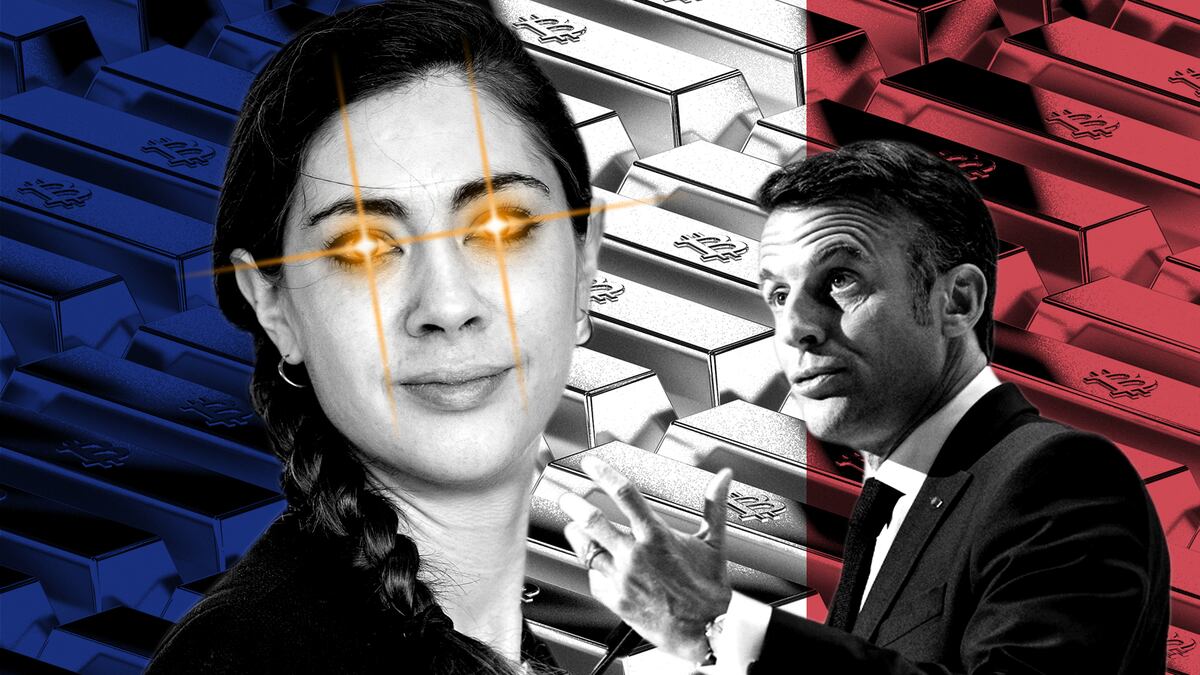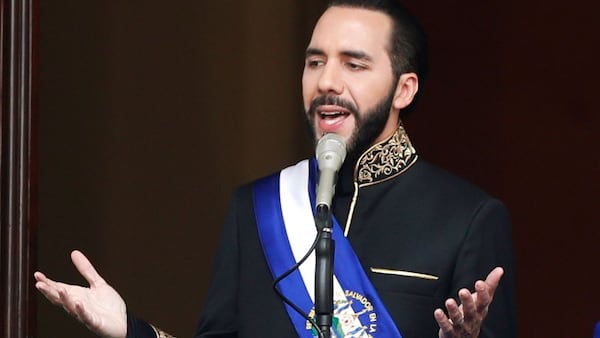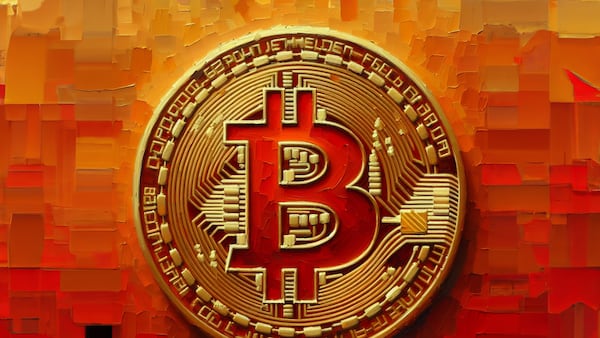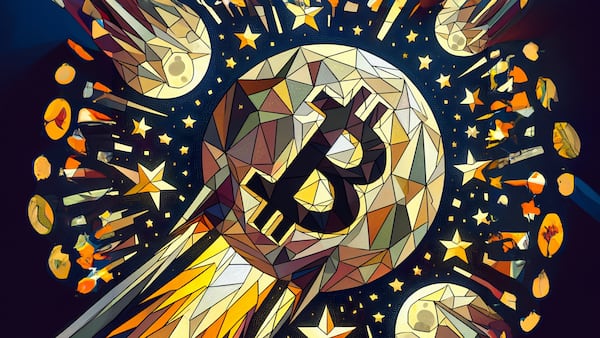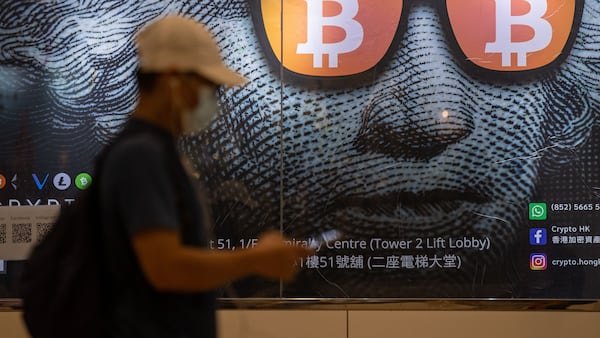- France boasts one of the highest crypto penetration rates in Europe with 6.5 million users.
- 'One thing is sure — Macron was a good deal for crypto.'
- Crypto has yet to catch on as a campaign issue with just days to go before the June 30 poll.
Crypto may not be a hot issue in the French parliamentary elections this Sunday.
But one candidate has made digital assets the centrepiece of her campaign.
“In the digital age, Bitcoin is a powerful tool of individual sovereignty and yet ignored by the different political currents,” wrote Aurore Galves Orjol, a candidate for parliamentary elections, in her pamphlet ahead of the June 30 poll.
Orjol, a Bitcoin consultant, is not associated with a political party and is running in a small constituency near Lyon, France’s third most populous city.
“Vote Orange!” reads her pamphlet in a nod to the colour of Bitcoin’s most popular logo. Her X account profile pic features laser eyes.
With her constituency dominated by the centre and far-right, the 33-year-old crypto advocate is a long shot to win a seat in the French Parliament.
In France, 12% of the population, or 6.5 million people, own crypto-assets, according to a report led by French trade association Adan. That’s up from 9.6% in 2023.
Crypto hub
France is home to one of Europe’s most developed crypto ecosystems thanks to the policies of President Emmanuel Macron’s government to attract foreign investors and innovation.
While crypto has become a minor issue in the US presidential campaign due to Donald Trump’s support, France is rather blasé about digital assets.
‘One thing is sure — Macron was a good deal for crypto.’
— William O’Rorke, ORWL Avocats.
Crypto did not turn up in the last-minute manifestos ahead of the snap election Macron called after his Renaissance party was trounced by the far-right’s National Rally during European Parliament elections in June.
The National Rally, led by Marine Le Pen, leads the polls with 36% as of Tuesday. The party doesn’t have a clear stance on the crypto industry, but does promise to fight financial fraud.
Crypto is likely pulling for Macron to pull out a victory.
“I think there is the least risk with Macron,” said Jerome de Tychey, president of Ethereum France and founder of web3 game developer platform Cometh.
“There is a little bit more risk on the right and a lot more risk on the left,” he told DL News.
Not keen on crypto
On the left, historically, politicians are not keen on crypto.
“In startups financed by the government, I have seen hundreds of millions of euros invested in making digital panini cards,” said socialist Senator Alexandre Ouizille during a television appearance on Monday.
He was referring to one of France’s web3 unicorns, game platform Sorare that issues football collectibles.
Ouizille promised his party would tax the richest 1% and direct funds to the public sector. “What we propose is to bring back balance in all of this,” he said in French.
This reflects the Socialist Party’s previous statements highlighting the volatility of crypto and money laundering risks.
France is a breeding ground to several web 3 unicorns plus many start-ups, houses offices of the world’s biggest crypto firms and has one of the highest number of crypto platforms registered in Europe.
This is not by chance. The web 3 ecosystem was aided by the policies during Macron’s seven-year term, such as favourable tax breaks for start-ups and incubation opportunities for investors.
France was also one of the earliest jurisdictions to tailor new rules for digital assets. The nation’s licensing law from 2019 was influential in the drafting of the Markets in Crypto-Assets regulation at a European Union level.
Top government officials personally welcomed crypto’s biggest exchanges like Binance and OKX. The country is considered a European base for major industry players like Circle.
Other politicians like Renaissance’s Paul Midy have also been supportive of the French crypto ecosystem.
Regulatory rails
Still, many crypto stakeholders in France remain unfazed. The ecosystem could be mature enough to stand its ground, industry representatives say.
That’s also because the regulatory regime for crypto in France is firmly on its rails.
The Markets in Crypto-Assets regulation comes into effect for stablecoins on 30 June, while licensing rules for crypto firms will essentially go live in France at the end of 2025.
The Financial Markets Authority has an existing relationship with the industry with more than 100 registrations and a pipeline of applications for MiCA.
“I don’t think that the crypto regulation in France is so sensitive to the colour of the political parties that will be in charge,” said William O’Rorke, partner at French crypto law firm ORWL Avocats.
Macron’s Renaissance party is due to lose power, a reflection of his decline in popularity among French voters.
“But one thing is sure — Macron was a good deal for crypto,” O’Rorke said.
Inbar Preiss writes about regulation for DL News. Got a tip? Email her at inbar@dlnews.com.
